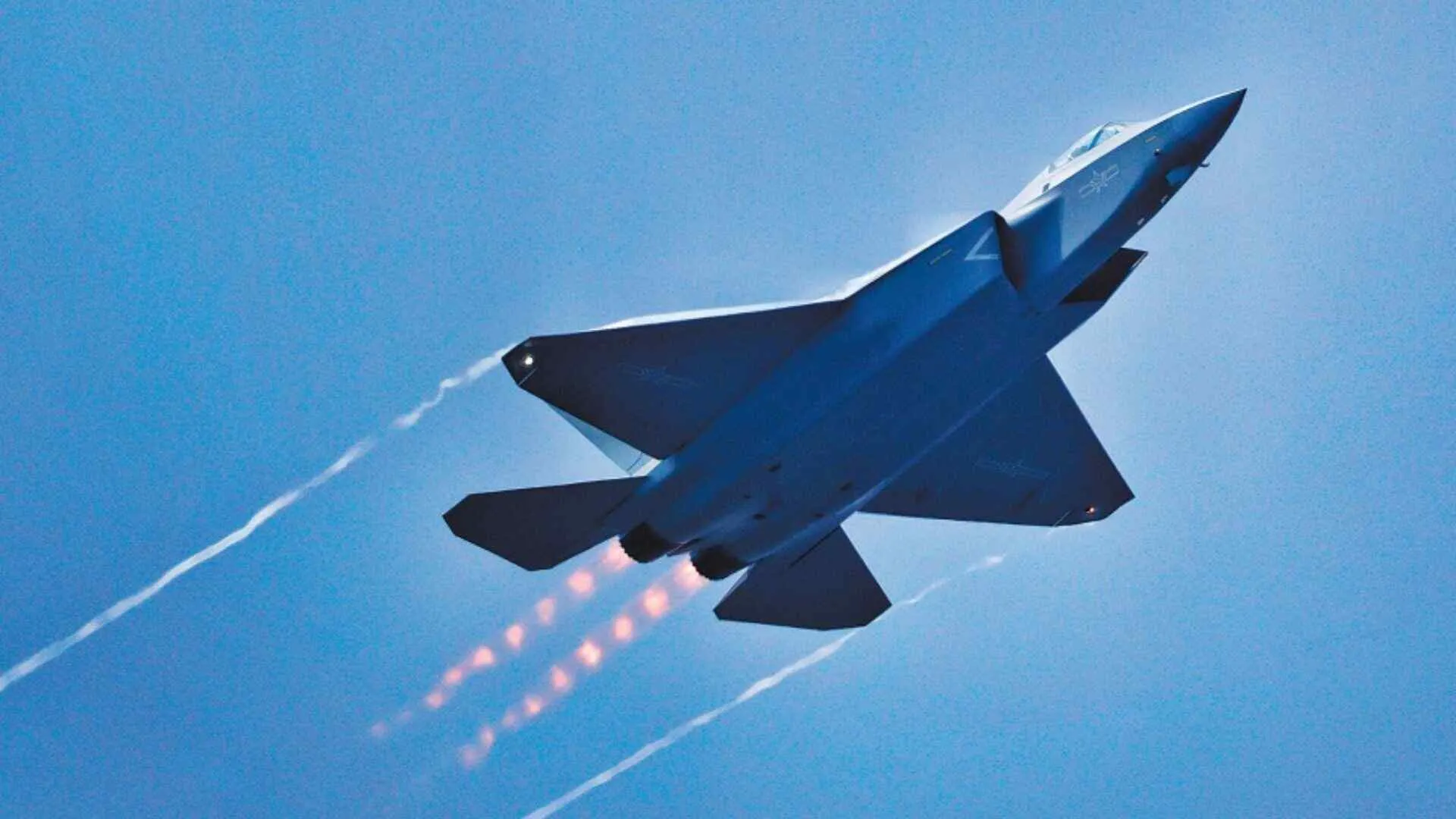The Bharatiya Vayuyan Vidheyak 2024, or the Indian Air Traffic Management Bill, represents a significant step forward in modernizing India’s air traffic management system. As air travel continues to grow in India, the need for a robust and efficient regulatory framework becomes increasingly critical. This bill aims to address the challenges posed by the rapid expansion of air travel, ensuring safety, efficiency, and sustainability in the aviation sector. At its core, the Bharatiya Vayuyan Vidheyak 2024 seeks to establish a comprehensive legal framework for air traffic management in India. This includes provisions for the regulation of air navigation services, the establishment of safety standards, and the integration of new technologies into the aviation ecosystem. The bill recognizes that effective air traffic management is essential not only for ensuring the safety of passengers but also for facilitating economic growth and connectivity across the country. One of the key features of this legislation is its emphasis on safety. With an increasing number of flights operating in Indian airspace, the potential for accidents and incidents rises correspondingly. The bill mandates strict adherence to safety protocols and establishes a framework for continuous monitoring and evaluation of air traffic operations. This proactive approach is crucial in building public confidence in air travel and ensuring that safety remains paramount in all aviation activities. Moreover, the Bharatiya Vayuyan Vidheyak 2024 also focuses on enhancing operational efficiency. The bill proposes measures to streamline air traffic management processes, reduce delays, and optimize flight routes. By leveraging advanced technologies such as artificial intelligence and data analytics, the legislation aims to create a more responsive and agile air traffic management system. This will not only benefit airlines by reducing operational costs but will also enhance the overall passenger experience by minimizing wait times and improving on-time performance. Another important aspect of this legislation is its commitment to sustainability. As global awareness of climate change grows, the aviation industry faces increasing pressure to reduce its environmental impact. The Bharatiya Vayuyan Vidheyak 2024 includes provisions aimed at promoting sustainable practices within the aviation sector. This includes initiatives to reduce greenhouse gas emissions from aircraft operations and promote the use of alternative fuels. By prioritizing sustainability, India can position itself as a leader in environmentally responsible aviation practices. Furthermore, the bill emphasizes collaboration among various stakeholders in the aviation ecosystem. It recognizes that effective air traffic management requires cooperation between government agencies, airlines, airports, and other relevant entities. The legislation encourages dialogue and collaboration to ensure that all parties work together towards common goals. This collaborative approach is essential for addressing complex challenges in air traffic management and fostering innovation within the industry. In addition to these key provisions, the Bharatiya Vayuyan Vidheyak 2024 also addresses issues related to infrastructure development. As air travel continues to grow, there is an urgent need for investment in airport infrastructure and air navigation facilities. The bill outlines strategies for enhancing infrastructure capacity to accommodate future growth while ensuring that existing facilities are upgraded to meet modern standards. This investment is vital for supporting India’s ambitions to become a global aviation hub. Critics of the bill may raise concerns about regulatory burdens on airlines and potential impacts on ticket prices. However, it is essential to recognize that a well-regulated aviation sector ultimately benefits consumers by ensuring safety, reliability, and efficiency. The Bharatiya Vayuyan Vidheyak 2024 strikes a balance between regulation and operational flexibility, allowing airlines to innovate while maintaining high standards of safety and service. In conclusion, the Bharatiya Vayuyan Vidheyak 2024 represents a forward-thinking approach to air traffic management in India. By prioritizing safety, efficiency, sustainability, collaboration, and infrastructure development, this legislation lays the groundwork for a modernized aviation sector capable of meeting future demands. As India continues to emerge as a major player in global aviation, this bill will play a crucial role in shaping the future of air travel in the country. Embracing these changes will not only enhance passenger experiences but also contribute significantly to India’s economic growth and connectivity on a global scale.
* Dr Deevanshu Shrivastava, Associate Dean, School of Law, GD Goenka University, Gurugram








